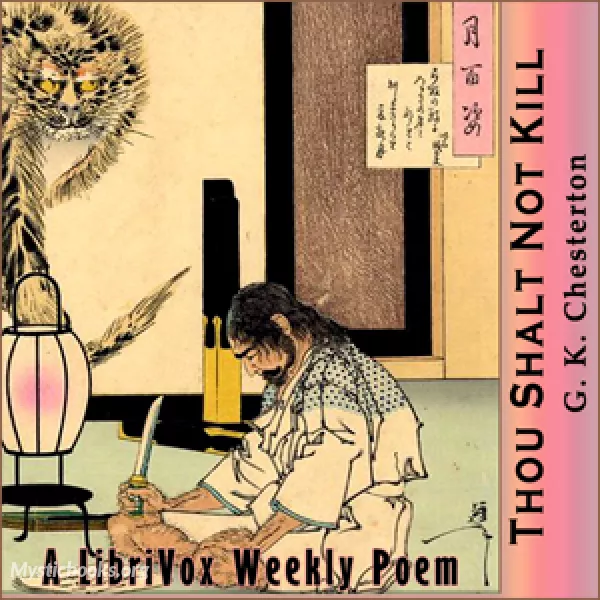
Thou Shalt Not Kill
'Thou Shalt Not Kill' Summary
G. K. Chesterton's "Thou Shalt Not Kill" is a poetic exploration of human morality and the complex interplay between good and evil. Through the lyrical beauty of his verses, Chesterton invites readers into the enigmatic village of Willowbrook, where a heinous murder disrupts the veneer of tranquility. With an opening that hints at shadows and secrets, Chesterton crafts a vivid narrative that delves deep into the essence of the Ten Commandments.
The village of Willowbrook serves as the backdrop for this intriguing story, concealing a myriad of concealed sins and unspoken transgressions. The murder that takes place there becomes a stark testament to the Commandment it violates, sending ripples of fear and suspicion throughout the community.
At the center of the narrative stands Father Brown, an unassuming parish priest gifted with an exceptional ability to decode the mysteries of sin. Through his eyes, we witness the unfolding moral puzzle in Willowbrook. Father Brown is not only interested in unmasking the identity of the murderer but also in understanding the moral motivations that drove the crime.
What distinguishes "Thou Shalt Not Kill" is its focus on the 'why' rather than the 'who' of the crime. Chesterton's verses guide readers through the intricate maze of human nature, grappling with the moral dilemmas that confound us all. As Father Brown pieces together the clues, the novel transforms into a contemplative exploration of the age-old battle between good and evil.
Chesterton's eloquent poetry infuses every page with a philosophical depth that elevates this work beyond the constraints of traditional detective fiction. The novel challenges readers to reflect on the ethical foundations that shape our choices and to wrestle with the enigma of sin. Chesterton's artistry and his commitment to examining the essence of morality and human nature continue to resonate with readers, transcending time and genre.
In conclusion, "Thou Shalt Not Kill" is a poetic masterpiece that plunges readers into the moral complexities of the human condition. Chesterton's verses encourage contemplation of sin, morality, and the enduring struggle between good and evil. This is a book that leaves a lasting impression and invites introspection, its poetic beauty intertwining with profound philosophical insights.
Book Details
Language
EnglishOriginal Language
EnglishPublished In
1992Genre/Category
Tags/Keywords
Authors
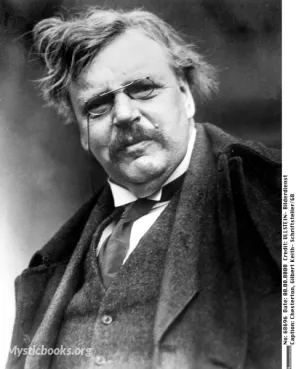
G. K. Chesterton
United Kingdom
G. K. Chesterton, also known as Gilbert Keith Chesterton, was a prominent English writer, philosopher, and critic. Born on May 29, 1874, in London, he became one of the most influential literary figur...
Books by G. K. ChestertonDownload eBooks
Listen/Download Audiobook
- Select Speed
Related books

A Wife by Richard Brinsley Sheridan
Richard Brinsley Butler Sheridan was an Irish playwright and poet. In this little gem, he turns an intended insult on its head.
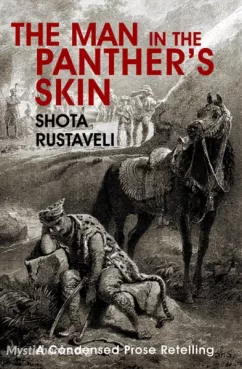
The Man in the Panther's Skin by Shota Rustaveli
It is a captivating adventure tale that takes readers on a journey through ancient lands filled with heroic knights, noble quests, and timeless values...

Schopenhauer in the Air by Sadakichi Hartmann
Amidst the swirling mists of existential inquiry, a poetic journey awaits, guided by the enigmatic musings of Sadakichi Hartmann in 'Schopenhauer in t...
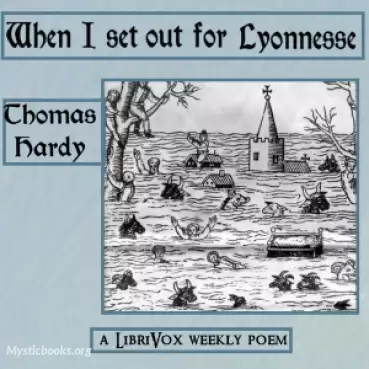
When I set out for Lyonnesse by Thomas Hardy
This Weekly poem is from the collection Satires of Circumstance by Thomas Hardy (1914). Lyonnesse was a mythical Kingdom mentioned in the Arthurian le...
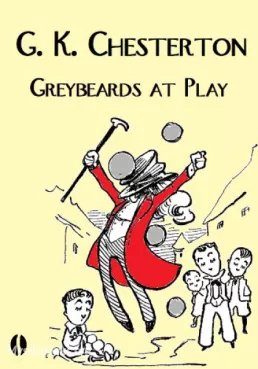
Greybeards at Play by G. K. Chesterton
In a world that often reveres youth and vigor, G.K. Chesterton's "Greybeards at Play" celebrates the wisdom, wit, and enduring spirit of the elderly....
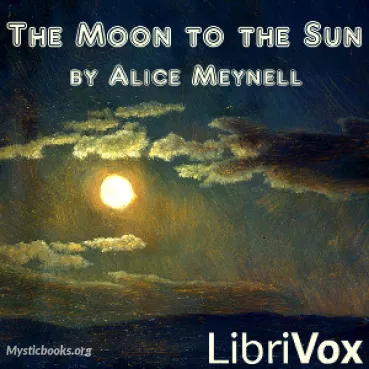
The Moon To The Sun by Alice Meynell
"What would the Moon say to the Sun if she could speak?" In this beautiful and thought-provoking poem, Alice Meynell imagines a conversation between...
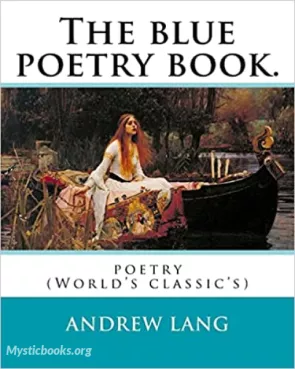
The Blue Poetry Book by Andrew Lang
It is a timeless anthology that showcases the beauty of poetry through a range of styles and themes. Each poem is carefully selected and presented in...
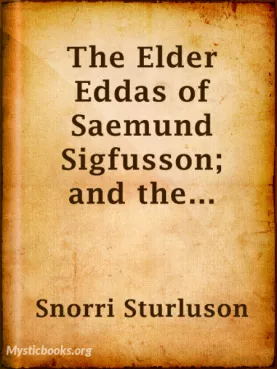
Elder Eddas of Saemund Sigfusson by Snorri Sturleson
Step into the world of Norse mythology and legend with the Elder Eddas of Saemund Sigfusson and the Younger Eddas of Snorre Sturleson! This collectio...
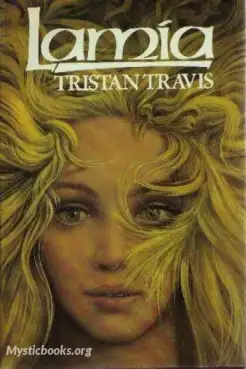
Lamia by John Keats
"Lamia" is a narrative poem written by the English poet John Keats, which first appeared in the volume Lamia, Isabella, the Eve of St Agnes and Other...
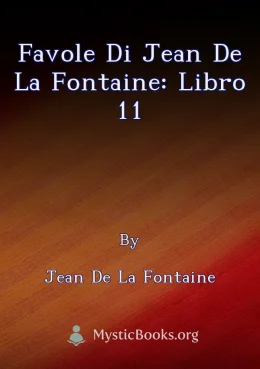
Favole di Jean de La Fontaine: Libro 11 by Jean de La Fontaine
Nei 12 volumi delle "Favole" (1669 - 1693) Jean de La Fontaine rinnovò la tradizione esopica, rappresentando la commedia umana. Quest'opera dimostrò i...
Reviews for Thou Shalt Not Kill
No reviews posted or approved, yet...